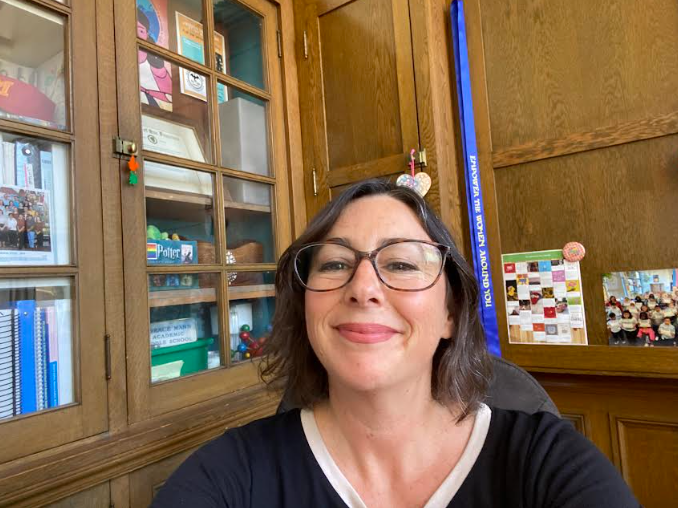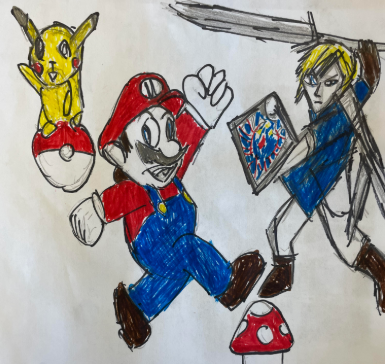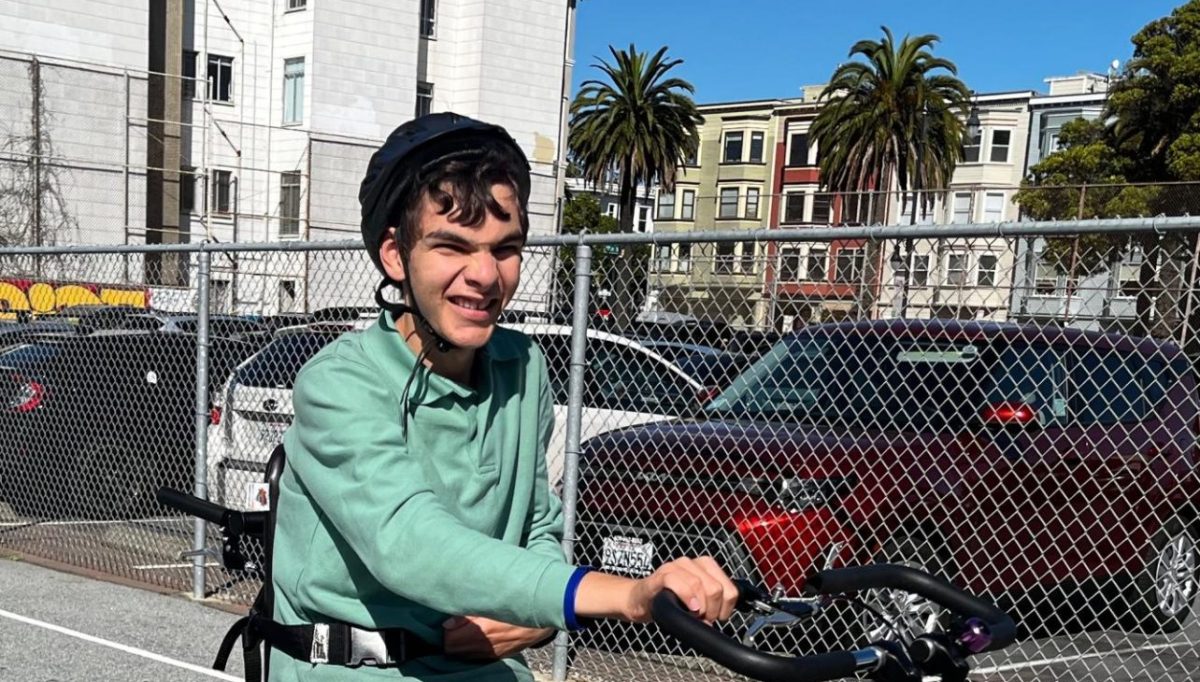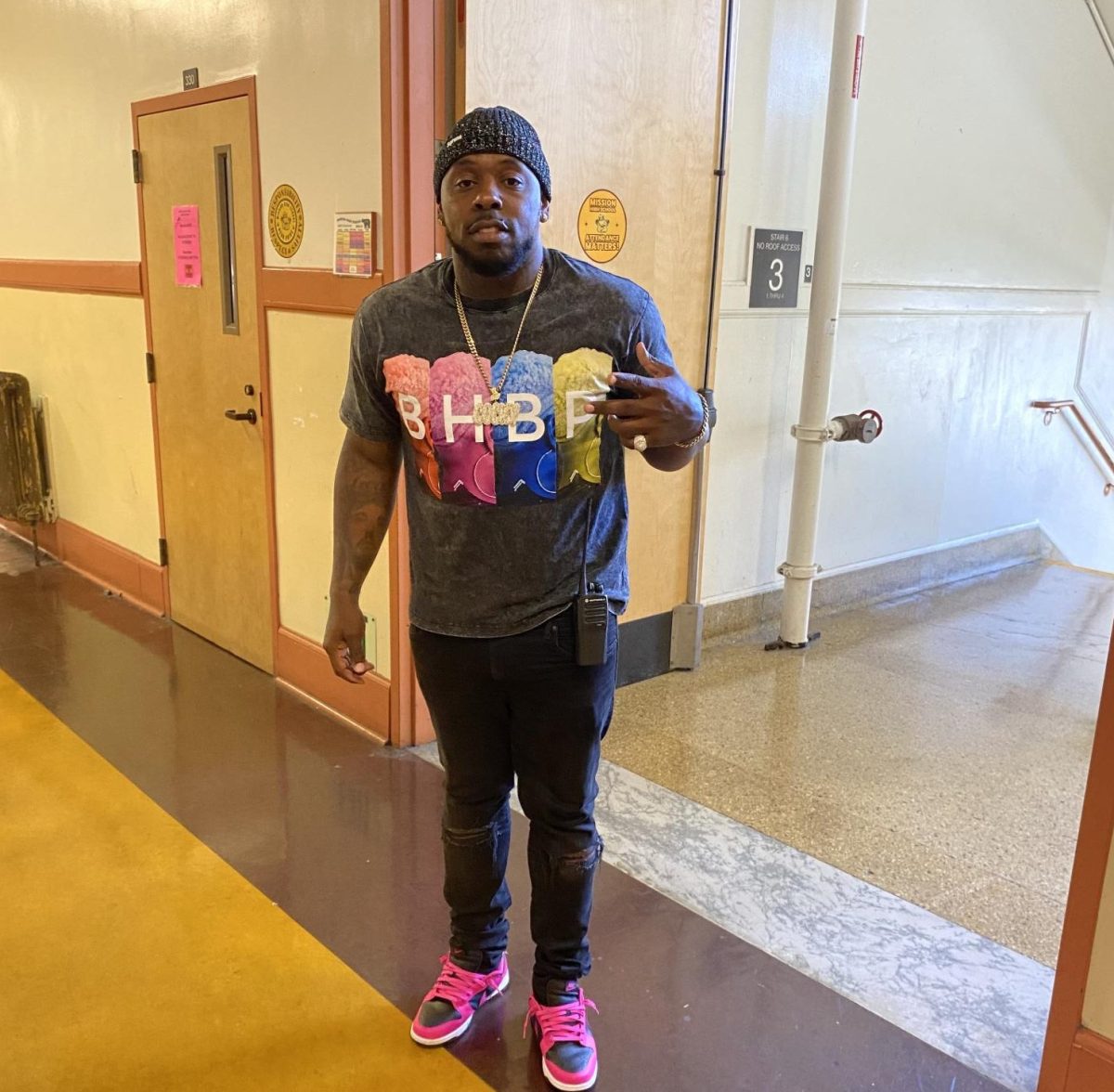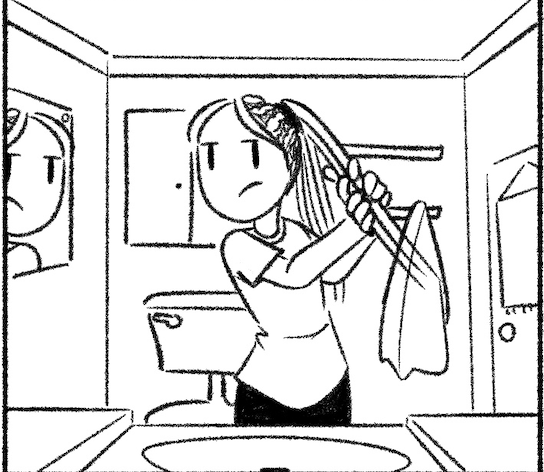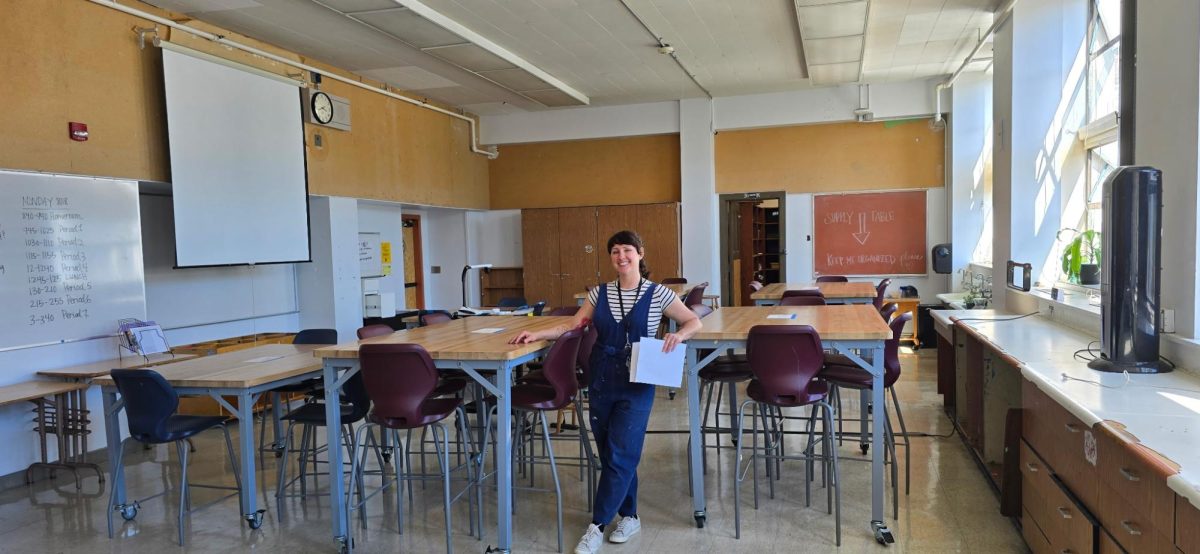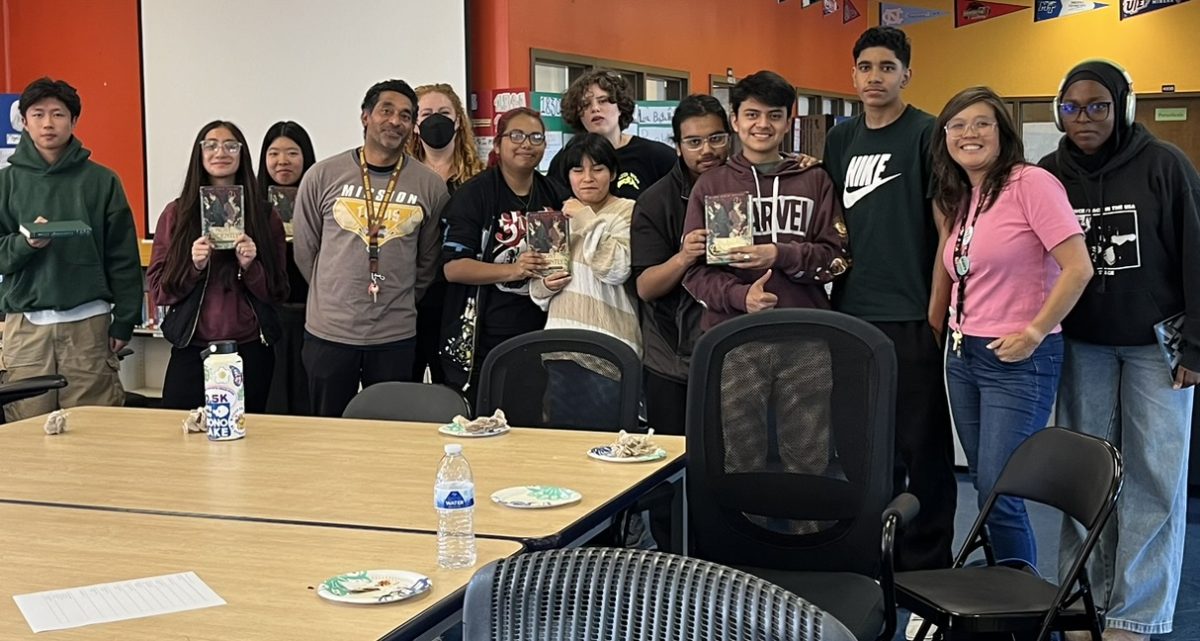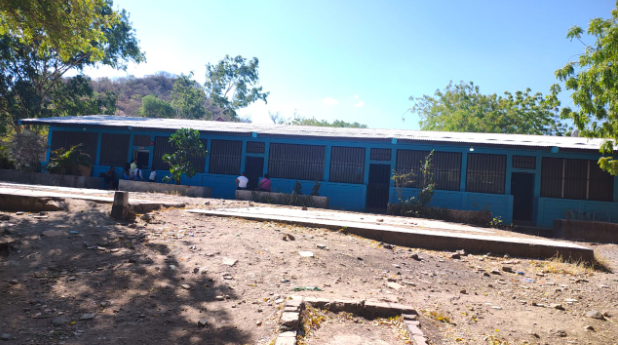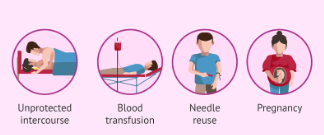The problem I am addressing is STIs and the problems that arise from not knowing about this topic. Factors such as working conditions, income, housing, and access to health services contribute to uneven results in sexual education. For this reason, certain groups have higher chances of not going to the doctor, not getting check-ups, or not taking health measures. STIs affect anyone, regardless of gender, and sexually active people. However, in Latin America, where people do not have access to the necessary measures, the rates of sexual transmission in some Latin American countries are high.
I am interested in learning more about public health and important issues such as STIs since in many places, young people do not know about sexually transmitted diseases due to a lack of sexual education. In Latin America, where opportunities are few, people aren’t aware of the impacts of not getting tested. “Sexually transmitted diseases can present with a variety of symptoms, including no symptoms at all. This is why sexually transmitted infections can go unnoticed until a person has complications or their partner is diagnosed.” It is important to test early because, “if left untreated, STDs can lead to serious health complications including pelvic inflammatory disease (PID), increased risk of contracting HIV, certain types of cancer, and even infertility.” Because of this, people in Latin America don’t get this immediate attention, which can lead to more health problems.
In Latin American countries, people also don’t often get a chance to talk about STIs. Because of this, many people aren’t able to be informed. “Talk to your partner before having sex so that both can make informed decisions about their sexual health.” Maintaining open communication with young people, children, siblings, partners, parents, and people close to me is important to me, and I want to one day use my voice to inform others who are not aware of this.
The solution for STIs is to provide information to young people and have programs that provide them with the necessary information, also to have more clinics where they promote truthful information and that provide medical care and tests to people. If I had unlimited money to finance this issue of sexually transmitted diseases, I would provide more community centers where free tests are provided, collaborate in the dissemination of the subject, and provide necessary materials for the cause. I would also create more groups where they talk about it, so young people can attend with their parents since they play an important role in the subject.
We need to support the cause and provide information for young people on how to prevent STIs. To change this, people must be more careful when making decisions, abstain from having sexual relations, or be in a stable relationship with a partner who takes the precautions of getting tested for sexually transmitted diseases. Right now, what I can do as a young student is to inform myself more about the subject to be able to share with other young people and inform them of the importance we should have about STI.
Works Cited
Amnesty International. “SEXUAL AND REPRODUCTIVE RIGHTS.” https://www.amnesty.org/en/what-we-do/sexual-and-reproductive-rights/#sexualandreproductivehealth.
Nationwide Children’s. “Sexually Transmitted Diseases in Adolescents.” 09 1 2023, https://www.nationwidechildrens.org/conditions/health-library/sexually-transmitted-diseases-in-adolescents.
U.S Department of Health and Human Services. “Sexually Transmitted Infections (STIs).” HHS.gov, 7 November 2024, https://www.hhs.gov/programs/topic-sites/sexually-transmitted-infections/index.html. Accessed 21 November 2024.
